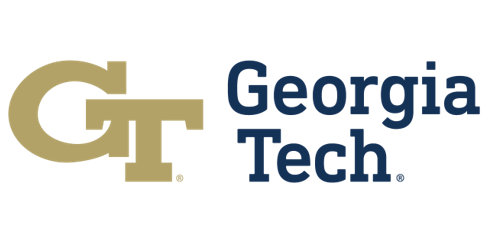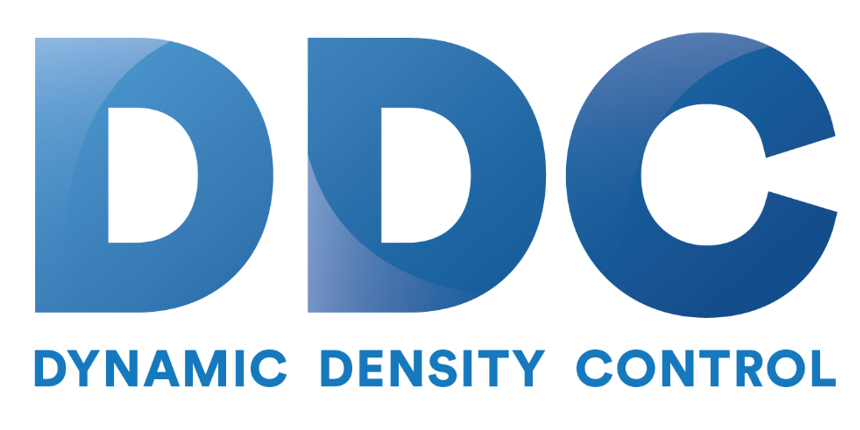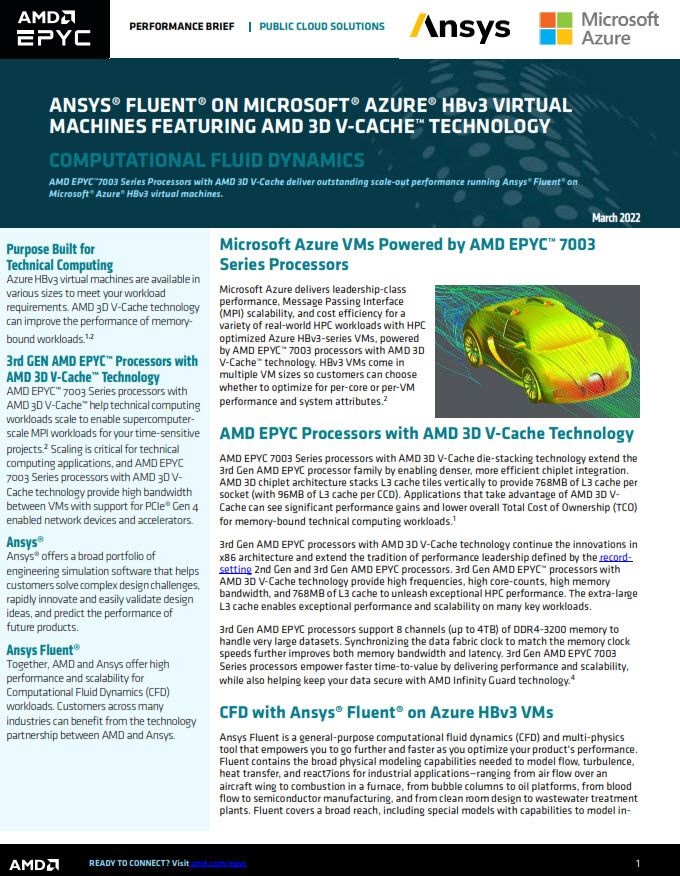Georgia Tech’s College of Engineering has established an artificial intelligence supercomputer hub dedicated exclusively to teaching students. The initiative — the AI Makerspace — was launched in collaboration with NVIDIA. College leaders call it a digital sandbox for students to understand and use AI in the classroom.
Initially focusing on undergraduate students, the AI Makerspace aims to democratize access to computing resources typically reserved for researchers or technology companies. Students will access the cluster online as part of their coursework, deepening their AI skills through hands-on experience. The Makerspace will also better position students after graduation as they work with AI professionals and help shape the technology’s future applications.
At its core, the Georgia Tech AI Makerspace is a dedicated computing cluster paired with NVIDIA AI Enterprise software. The software technology resides on an advanced AI infrastructure that is designed, built, and deployed by Penguin Solutions, providing a virtual gateway to a high-performance computing environment.
The first phase of the endeavor is powered by 20 NVIDIA HGX H100 systems, housing 160 NVIDIA H100 Tensor Core GPUs (graphics processing units), one of the most powerful computational accelerators capable of enabling and supporting advanced AI and machine learning efforts. The system is interconnected with an NVIDIA Quantum-2 InfiniBand networking platform, featuring in-network computing.
To put this computational power into perspective, it would take a single NVIDIA H100 GPU one second to come up with a multiplication operation that would take Georgia Tech’s 50,000 students 22 years to achieve.
The launch of the AI Makerspace represents another milestone in Georgia Tech’s legacy of innovation and leadership in education. Thanks to NVIDIA’s advanced technology and expertise, our students at all levels have a path to make significant contributions and lead in the rapidly evolving field of AI.
“The City of Atlanta commends the leadership of Georgia Tech and the College of Engineering in advancing education and technology through the AI Makerspace,” said Atlanta Mayor Andre Dickens. “Partnerships with industry leaders such as NVIDIA propel our students and workforce toward tomorrow, further enhancing Atlanta’s status as an innovation hub.”
Students and faculty will also receive support through NVIDIA Deep Learning Institute resources, including faculty-run NVIDIA workshops, certifications, a university ambassador program, curriculum-aided teaching kits, and a developer community network.
The collaboration between the Georgia Tech and NVIDIA signifies the College’s significant commitment to best-in-class enterprise AI hardware and software.
“AI supercomputers provide a platform to help drive powerful new discoveries that could solve some of the world’s most complex challenges,” said Cheryl Martin, director of Higher Education and Research at NVIDIA. “Georgia Tech’s AI Makerspace will provide students with access to NVIDIA’s accelerated computing platform, equipping them with the technology to push the boundaries of AI learning and research.”
AI for Engineering Initiative
The AI Makerspace expands on Georgia Tech’s foundational, theory-focused AI curriculum by offering students a hands-on platform to tackle real-world AI challenges, develop advanced applications, and present their AI-driven ideas at scale. It also complements two recent “AI for Engineering” announcements by the College: the unveiling of Georgia Tech’s first minor degree program in AI and machine learning, as well as the re-imagining and creation of 14 core AI courses for undergrads.
“The AI Makerspace represents a significant advancement in technology for education,” explains Arijit Raychowdhury, professor and Steve W. Chaddick School Chair of Electrical and Computer Engineering. “To draw a comparison, the makerspace will provide a technological upgrade equivalent to switching from an etch-a-sketch to an iPad. That’s the level of difference in technology that the AI Makerspace provides to students.”
Penguin’s comprehensive solution features tightly integrated, end-to-end compute, data management, networking, software, and infrastructure, providing the AI cluster with the ability to process intense amounts of data with ultra-low latency.
“By initially focusing on undergraduates, the AI Makerspace at Georgia Tech is leaning in on the important work of providing technology to help educate an emerging new segment of students who could conceivably be called Generation AI,” said Mark Adams, president and CEO of SGH, Penguin Solutions’ corporate parent. “We’re pleased to partner with Georgia Tech and NVIDIA to help make the AI Makerspace a reality. With the speed and evolution of AI, it’s critical that those who will be developers and users of AI, now and in the future, are grounded by the best in higher education and have access to the latest, ever-evolving technology.”
The effort is bolstered by Georgia Tech’s Partnership for an Advanced Computing Environment (PACE), which is providing sustainable leading-edge cyberinfrastructure and support, ensuring students have the necessary tools and assistance to best utilize the cluster.
AI Education
Undergraduate students currently enrolled in ECE 4252: Fundamentals of Machine Learning (FunML) are accessing the AI Makerspace to learn, experiment, prototype, and showcase their AI-driven ideas at scale. This fall, the AI Makerspace will be incorporated into the curriculum of all eight engineering schools.
By spring 2025, all Georgia Tech engineering students — both undergraduate and graduate — will have access to non-instructional learning. In 2026, Georgia Tech plans to set up the AI Makerspace Omniverse, a sandbox for augmented reality (AR) and virtual reality (VR). The education and research hub is based on NVIDIA Omniverse, a platform for connecting and developing 3D tools and applications, and will be available to all students.
To break down the accessibility barrier students may face with the makerspace, PACE and ECE’s Ghassan AlRegib are developing smart interfaces and strategies to ensure that students from all backgrounds, disciplines, and proficiency levels can effectively utilize the computing power.
“The intelligent system will serve as a tutor and facilitator,” said AlRegib, the John and Marilu McCarty Chair of Electrical Engineering. “It will be the lens through which students can tap into the world of AI, and it will empower them by removing any hurdle that stands in the way of them testing their ideas. It will also facilitate the integration of the AI Makerspace into existing classes.”
“Democratizing AI is not just about giving students access to a large pool of GPU resources,” said Didier Contis, executive director of academic technology, innovation, and research computing for the Office of Information Technology. “Deep collaboration with instructors is required to develop different solutions to empower students to use the resources easily without necessarily having to master specific aspects of AI or the underlying infrastructure.”
Beyond traditional computing applications, the hub is designed to be utilized in each of Georgia Tech’s six colleges, placing a unique emphasis on human-AI interaction. By doing so, it ensures that AI is viewed as a transformative force, encouraging innovation that extends beyond the confines of a single field.
Finally, and similar to how students use physical makerspaces on campus, Raychowdhury sees the AI Makerspace as a tool for students to create technology that prompts AI start-up companies.
“AI is increasingly interdisciplinary and an irreversibly important part of today’s workforce,” said Raychowdhury. “To meet the needs of tomorrow’s innovation, we need a diverse workforce proficient in utilizing AI across all levels.”




